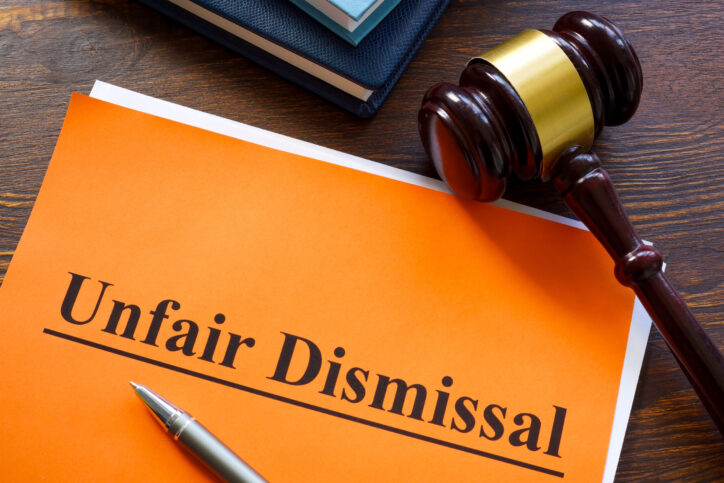It is important to be on top of an exiting employee’s access to sensitive information. Particularly in situations where the termination may not be agreeable to the employee, there may be a risk that the employee uses this information to damage the company.
In risky scenarios, it may be sensible to block access to emails, freeze accounts or change passwords from the initial meeting about termination until the employee has left. Many employees will also have some sort of company property – uniforms, laptops, vehicles, phones or even accommodation.
While it may be tempting to leave it up to the employee, better for the employer to seek the return of these items while the employee is still with the business than have to chase them up after the termination date.
Typically, contracts or policies will specify when and how these items need to be returned at the end of employment. The importance of referring to these documents was demonstrated in the case of Actrol Parts Pty Ltd v Coppi where the employee had tendered his resignation, and the company had placed him on leave with pay through his notice period but required him to return his iPhone, iPad and motor vehicle immediately.
Judge Bell found that these were contractual entitlements, and the unilateral withdrawal of the vehicle and phone in particular evinced an intention to no longer be bound by the contract, and therefore was repudiation of the contract on the part of the company.
With the increased use of social media, employers also need to consider how they will manage potential adverse comments made by disgruntled ex-employees. Ideally employment contracts and any deeds of settlement should include provisions restricting ex-employees from making negative comments regarding the business, managers and directors.






